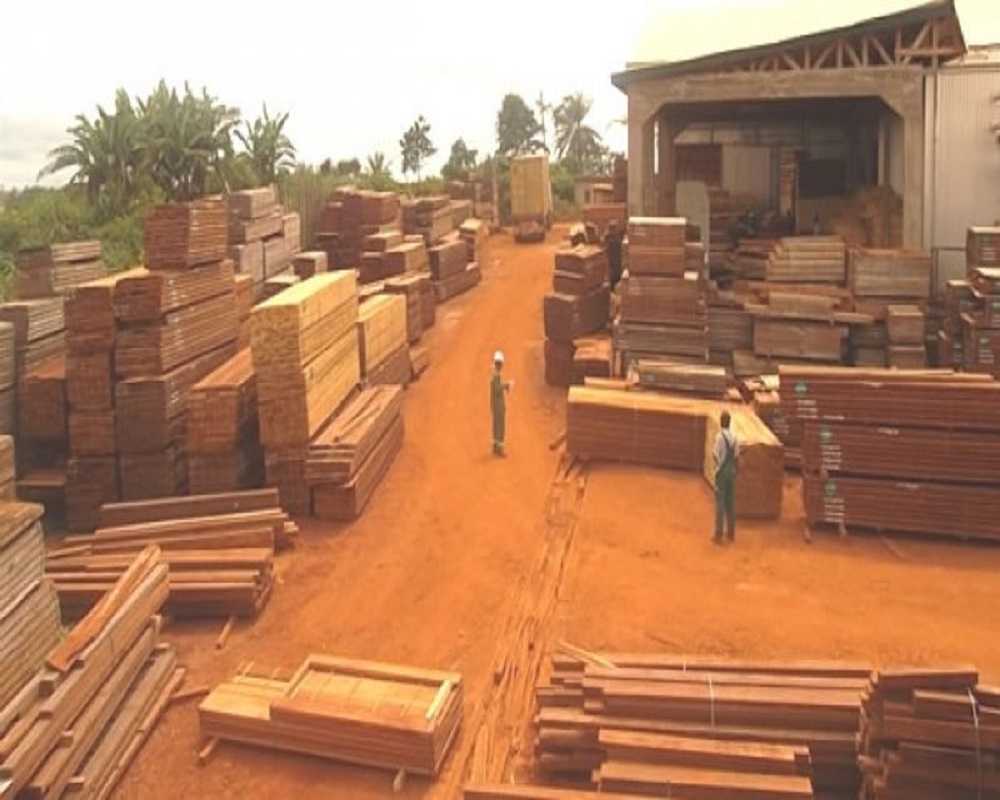Production in the wood industries is characterized by a deterioration of -20.8% in the second quarter of 2020. While the production of paper, cardboard and publishing, printing fell by 74.8%, according to industrial production indices .
The survey by the National Institute of Statistics (INS) indicates a decline in industrial production activities in the Republic of Congo during the year 2020 linked by the Covid-19 health crisis. Overall, the decrease of 1.2% in production is due, according to the INS, to an underperformance of activity in the extractive industries (-1.7%), paper and cardboard (-85, 8%), in the metal industries (-31.8%) and those of wood (-20.8%), as well as the manufacturing industries in total shutdown (-100%).

“The production of the paper, cardboard and publishing, printing industries fell by 85.8% in the second quarter of 2020, in reference to the first quarter of 2020. This result is mainly due to a deterioration in the printing and reproduction activity. registrations (-86.4%). In annual variation, the production of the industries of paper, cardboard and edition, printing decreased by 74.8% ”, specify the investigators.
However, remarkable growth was recorded in the activity of the petroleum and chemical industries, rubber and plastic work (+ 38.7%), agrifood and tobacco (+ 21.6%). This is also the case for the ceramics and building materials industries (+ 5.5%) compared to the first quarter of 2020, including the production of environmental industries (+ 19.9%).
Finally, the authors of the survey point out that the growth observed in environmental industries has not been felt in wood industries. “The sample we used in this study is taken from the list of companies compiled from the mapping of the general census of Congo companies carried out by the INS in 2019 and from the Statistical and Fiscal Declarations.
The indices are of the Laspeyres type, weighted by the turnover of the companies and the values added to the base year, respectively for the compilation of products to classes and classes at the global level “, insists the survey.





